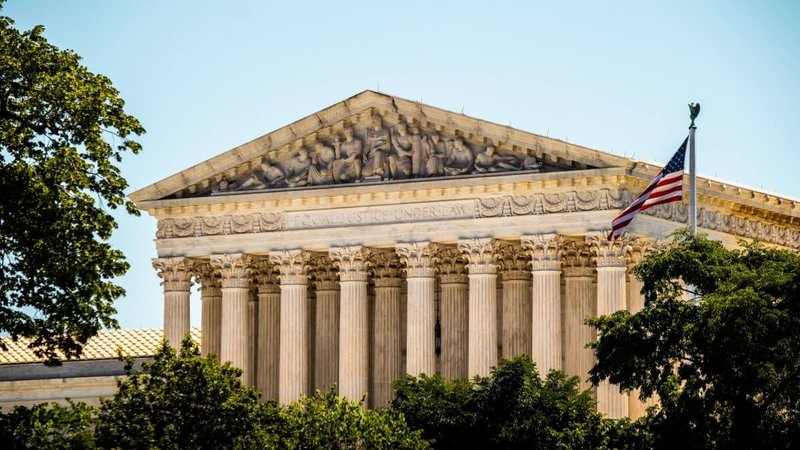
While the case didn’t directly address the appointment of presidential electors, it narrows the possibilities for a legislature seeking to overturn the election results.Īfter the 2020 election, Donald Trump and his allies embraced a fringe idea that state legislatures could override the popular vote and appoint their own electors after election day. In Moore, the court rejected the idea that state legislatures can make rules for federal elections that are not subject to state constitutions and reviewable by state courts. “It might be now that this will open the door to more litigation over state legislative maps and there might be changes required because of section 2 for some state legislatures,” he said. There also could be an additional majority-Black district in Georgia and an additional majority-Hispanic district in Texas, said Richard Pildes, an election law professor at New York University.

Louisiana, where there is a similar case pending, may soon have to do the same.

Alabama, the state where districts were challenged in the Milligan case, is already beginning the process of adding a second majority-Black district. The addition of several Democratic-leaning districts in the US House would be tremendously advantageous to Democrats ahead of 2024, since Republicans hold only a narrow majority in that chamber. After a redistricting cycle that blunted the power of minority voters, and with the tumult of the 2020 election in recent memory, both cases could bolster democratic protections, though there’s likely to be further court battles.


 0 kommentar(er)
0 kommentar(er)
